The Carnot Institutes are research organisations that place partnerial research, i.e. research for both companies and local government, at the heart of their strategy.
The Carnot Institutes are therefore known for their:
- Very high scientific standards.
- Professionalism and commitment to developing high quality collaborative research programs.
- Pro-active approach with regards to driving innovation in companies, particularly SMEs, by proposing R&D solutions tailored to the economic and market needs of the private sector.
Local Carnot Institutes
Carnot Institute “Energies du Futur”
The Carnot Institute “Energies du Futur” is member of the Carnot network. The Carnot label is set up by the French government to develop research partnerships. “Energies du Futur” includes six partner institutions that cover their own almost all research in the field of new energy technologies in Grenoble: Grenoble INP, the CEA-Liten, Université Grenoble Alpes, Université Savoie Mont Blanc, CNRS and INRA. The Carnot label is given to structures benefiting from scientific expertise and a portfolio of partnership actions result. To develop innovative solutions, “Energies du futur” supports projects resourcing and supports technology transfer from research to industry.
www.energiesdufutur.euCarnot Institute LETI
Leti is a technological research institute part of CEA Tech and a Carnot Institute. Leti is worldwide leader in miniaturization technologies. Our staff of 1700 researchers is dedicated to creating safe and low energy consumption new solutions. At the forefront of new electronic architectures, Internet of Things and nomad solutions, we offer to our industrial partners innovative solutions for more competitiveness.
www.instituts-carnot.eu/en/carnot-institute/cea-letiCarnot Institute LSI
28 research teams from the Université Grenoble Alpes, the Grenoble National Polytechnic Institute, the CNRS 1and the INRIA2 have come together within LSI to develop new technology and to offer their wide ranging skills to Industry. Floralis, the subsidiary of the Université Joseph Fourier, is responsible for the management of industrial partnerships and the management processes related to technology transfer within the LSI.
www.carnot-lsi.comCarnot Institute PolyNat
Polynat focuses on the elaboration and the production of use of high-added value, functional materials, either hybrid” (partly issued from fossil and natural resources), or totally “biosourced”, by taking advantage of the self-assembly of elementary bricks constituting the plant material (glycopolymers, nanocrystals, cellulose fibres), at micro and nano scales.
www.polynat.euNational Carnot Institute
Carnot Institute Inria
Inria is a French public research institute dedicated to digital science placed under the supervision of the French ministries of research and industry. Its goal is to produce excellent research in the information technology and mathematics fields of digital science, and to guarantee the impact of its research by transferring knowledge and technologies to the industrial sector.
www.instituts-carnot.eu/en/carnot-institute/inriaCarnot Institute water and environment
The Carnot Water & Environment brings together 11 research units (CNRS, INRAE, IRD, INSA, Aix-Marseille University, University of Montpellier, Savoie Mont-Blanc University), and the Institute of Filtration and Separative Techniques, organized to meet the research and innovation needs of the socio-economic partners of the water sector thanks to strong expertise in earth and environmental sciences, humanities and social sciences, and technologies applied to the management of water and aquatic ecosystems.
www.instituts-carnot.eu/fr/institut-carnot/eau-environnementTremplin Carnot Cognition
Cognitive technologies take into account the individual user, the user’s environment, as well as the method of interaction. By integrating cognitive function into their development, cognitive technologies are continuing to improve added value to products and services in this new and increasingly adaptive area.
www.instituts-carnot.eu/fr/institut-carnot/cognition

